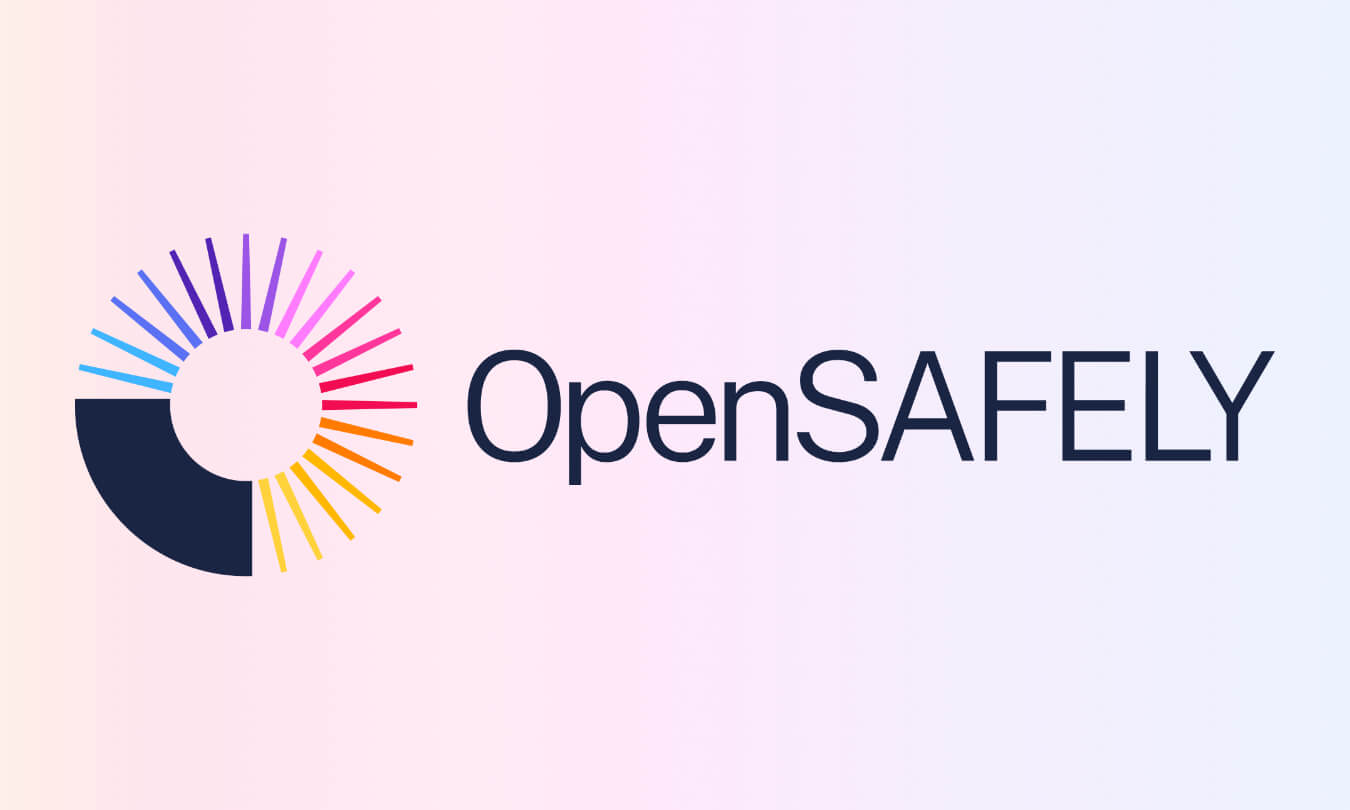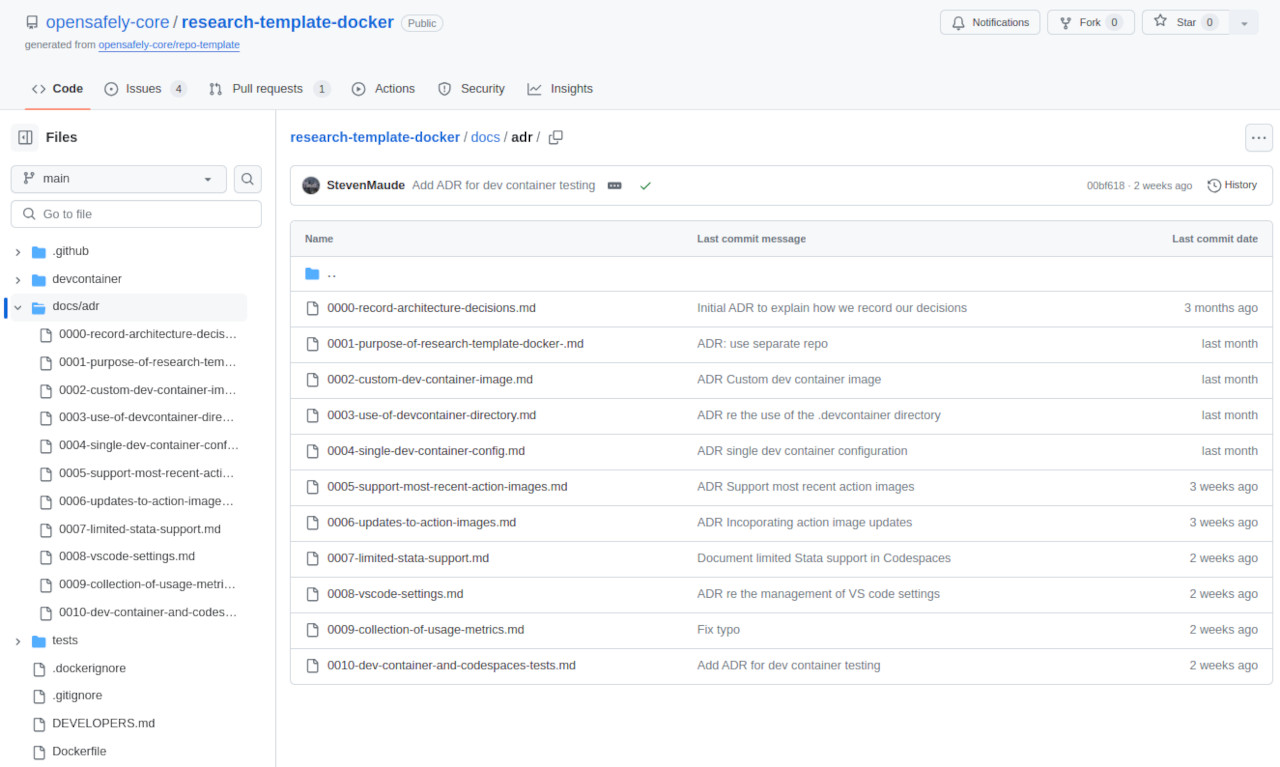
- Posted
- Categories
-
- OpenSAFELY
Join us for our OpenSAFELY Community Symposium!
Two days of talks and workshops on research, data infrastructure, and open science.
Latest news and views from around the Bennett Institute

Two days of talks and workshops on research, data infrastructure, and open science.

We describe the reasons why people sometimes find a medicine on OpenPrescribing.

Notes from the Bennett Institue Team Retreat.

The Research Experience team explain how they’ve been recording decisions

Most of the time, we like to keep things fairly formal on this blog - but if you’ll forgive us a small indulgence, today we’re going to blow our own trumpet a little.
A couple of weeks ago, my colleague Rose Higgins and I went to an event in London where this Institute was awarded the Open Science Impact award, as part of the MRC Impact Prize.
We were, needless to say, over the moon about it. The whole team celebrated on Slack with a long list of appropriate emojis.

Spend more time answering your research questions – and less time wrangling your computer – with GitHub Codespaces and the OpenSAFELY development container.

Our new study looks at the rate that sick notes were issued for people with COVID-19, and how it changed over the course of the pandemic.
During the COVID-19 pandemic, there were no sustained increases in opioid prescribing.

We describe the features of OpenSAFELY that encourage and support reproducible research.

In this guest blog, Molly Mattsson describes how we compared lidocaine prescribing reduction policy implementation in Ireland and England.

We describe some of our recent work investigating the impact of the COVID-19 pandemic on DMARD safety monitoring across >24 million patients’ records in England.

We’re hiring a research software advocate and we think you’d be a good fit

This newsletter contains all the latest updates from OpenPrescribing

We’re hiring software people and we’d love you to join us

In the second of a two-part blog series, pharmacists Chris Wood and Vicky Speed talk about the results of their research on medication review activity

In the first of a two-part blog series, pharmacists Chris Wood and Vicky Speed talk about designing their research on medication review activity

We’ve launched a new OpenPrescribing tool, the Improvement Radar, which makes it easy to identify organisations which have shown substantial improvement.

We’re hiring for our research teams